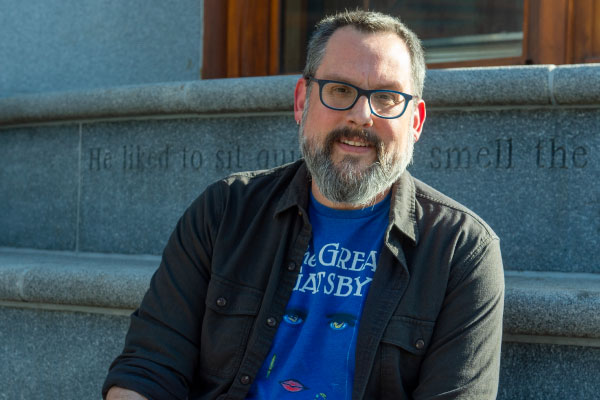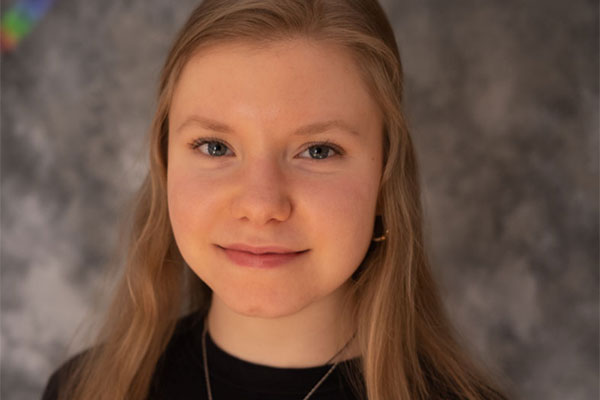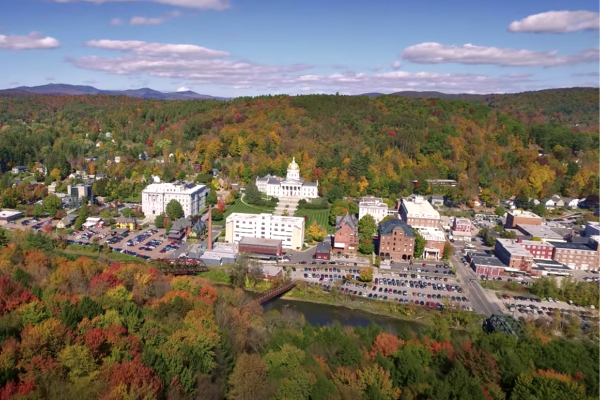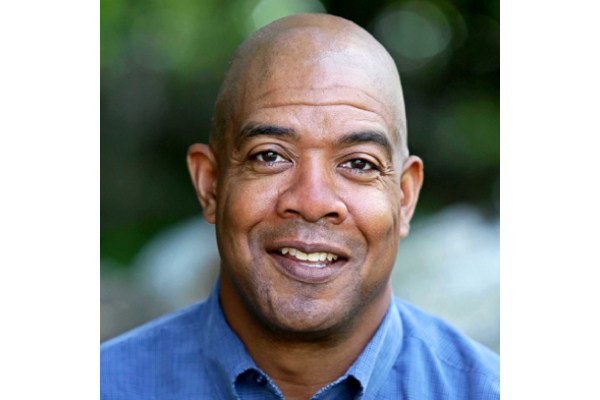YOUR NAME and TITLE: Christopher Kaufman Ilstrup, Executive Director
YOUR ORGANIZATION: Vermont Humanities
YEAR YOU JOINED ORGANIZATION: 2018
MONTH/YEAR YOU WERE APPOINTED TO CURRENT POSITION: August, 2018
What makes you hopeful for the future?
I believe that I am, by nature, an optimistic person (though I’m also told I’m naturally anxious, so go figure). There are three things that are giving me life right now: 1) the wonderful creativity and spark that is demonstrated every day by artists and cultural workers who are continuing to create, tell stories, and make a difference; 2) the systemic improvements in accessibility and inclusion that the pandemic has forced us all to undertake as we move our work to different platforms; and 3) the amazing, deep, and continuing support of the broader community for arts and culture in these difficult times. We can see every day that our community believes in the power of art and culture to bring healing and strengthen the bonds of love.
What’s the most challenging part of your work currently?
As has been noted by others, we are all Buddhists now. Living day to day and sometimes hour to hour as the pandemic changes and mutates our systems and institutions is incredibly difficult, especially for a community organizer like me. I am a planner, and the times we are living in don’t encourage thinking ahead. That said, we have become experts at pivoting on a moment’s notice. We are taking advantage of the uncertainty as well as the pause in live programming to evaluate our work in the new reality, let go of what no longer serves us, and add in new strategies for uncertain times. We even have space now to think about how we can reduce our carbon footprint in meaningful ways!
How have you changed as a leader in the last six months?
I have become more adept at living in the moment and letting go—both important qualities that I sometimes struggled to embrace in the past. I hope that I am also learning to be more patient with myself and others as we build the capacity we need to create stronger communities through the humanities and the arts. The pandemic is a huge tragedy, and largely one of our own making, but there is an opportunity here to really understand how our current systems are failing us, to think about our own culpability in that failure, and to begin the process of rebuilding with more strength and resilience. We will need these lessons, because Covid-19 is likely just the first of numerous mass disruptions coming at us in the next few decades.
What are you prioritizing?
During this time, I have really encouraged my team to think about how we work in service to Vermont’s broader cultural community—the libraries, museums, galleries, community arts centers, and performance halls that together build our cultural life. Even before the pandemic, Vermont Humanities was making this shift, prioritizing collaborative work, engaging in changemaking, and telling previously unheard stories. Now, during what we call the twin pandemics of Covid-19 and systemic racism, we are eagerly embracing the opportunity to share our platform and to center the voices and stories of others—especially Black and brown folks who are disproportionately impacted by the twin pandemics. My board chair, Katy Smith Abbot of Middlebury College, and I have had a running mantra of late—”you can’t make change without actually changing.” This seems obvious, but it is amazing how often we say we want change, while actually doing little to back it up. We can have all the best intentions in the world, but if we keep doing everything the same way we’ve always done it, we will never see progress. Along with all of its tragedy and disruption, Covid-19 offers us a gift—to take advantage of this moment and really be accountable for living our expressly held values, especially around diversity, equity, inclusion and accessibility.
How do you see your relationship with your audience evolving over the next five years?
I believe that we have already seen some significant shifts in our audience over the last eight months, although truthfully we won’t really know until we are able to gather in person again. Nevertheless, we know that virtual programming is much more accessible to many people—those without cars, those who can’t travel at night, people who may find our beautiful churches and libraries where much of our programming took place in the “before times” to be less accessible than they need them to be. That said, there are many people in Vermont who don’t have access to broadband internet, and they are missing out on this great flowering of grassroots streaming content. When we are able to start programming in person again, I believe that we’ll see many new participants. I’m especially hopeful that our continued focus on centering unheard storytellers will help us reach beyond our traditional audience.
How can cultural institutions and organizations participate in the current call for creating a more diverse, equitable, and inclusive world?
I’ve really been talking about this throughout the interview, but it’s worth saying again—you can’t make change unless you actually change. And I would add that we must put in place mechanisms to hold ourselves accountable as organizers and cultural workers. For example, we insist on gender parity in our First Wednesdays Humanities Lecture Series, and 20% of our First Wednesday speakers this year are people of color. Is that enough? No, it’s not, but it’s a start. I’m reminded of Justice Ginsberg who was once asked, “How many women on the supreme court is enough?” Her response was simple—“Nine.” Here at Vermont Humanities, we are slowly but comprehensively working our way through everything we do to identify what our historical baseline has been in serving our whole community, and setting goals to strive for if we claim to truly serve all Vermonters. We do ok in some areas, but truthfully, we have a lot of work ahead of us. We’re taking it one day at a time and one step at a time. We’re shifting our board dynamic, analyzing our grant-making practices, evaluating what books we use, re-writing our HR and personnel policies, and more.
What are some lessons learned or advice that you can share with other organizations who are grappling with the multi-faceted challenges of this time?
Engage in deep collaborations. Support each other. Share resources. Move the center. I am reminded of a conversation many of us had with Jarvis Green of JAG Productions a little over a year ago where we talking about how to move traditional cultural organizations to more proactive support of equity. Some of us had noted that we should “center the margins”—that is, that we should put untold stories and unheard artists in the center of our work. Jarvis made a different suggestion—that instead of asking marginalized folks to change what they are doing to come join us, we should instead move the center away from us. It’s a difficult concept for many us who have worked in historically white spaces, but I believe that is the challenge of these twin pandemics. Our systems have long been broken, Covid-19 has made the breaks both more obvious and more damaging. We now have the opportunity to dive deep, learn more, share our resources, and get out of the way.
This story by the Vermont Arts Council originally appeared at https://www.vermontartscouncil.org/blog/steering-the-ship-christopher-kaufman-ilstrup/. Photo by Jeb Wallace-Brodeur.
